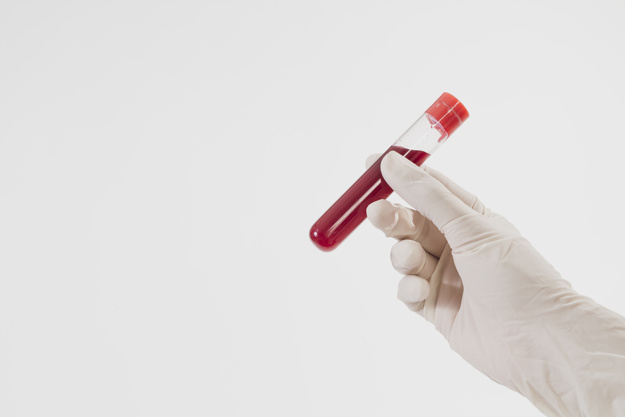Rh Factor and Pregnancy
What is Rh factor?
It is a protein found on red blood cells.
Rh positive = your blood has the protein, and it is the most common.
Rh negative = your blood does not have the protein.
Rh factor and pregnancy:
1. Blood type and Rh factor test is required in the first prenatal visit.
2. The risk is when the mother is negative and the fetus is positive.
3. The mother’s body will produce antibodies. The antibodies are not an issue in the first pregnancy.
4. In the next pregnancy, these antibodies cross the placenta and damage the red blood cells of the fetus and might cause anemia in certain cases.
What should be done?
1. An antibodies test during the first trimester and week 28 of pregnancy.
a. If antibodies were not produced, an injection (anti-D immunoglobulin) will be given (during third trimester) to prevent the body from producing them during pregnancy.
b. The baby will be tested after delivery.
c. If the baby born is Rh negative, nothing additional is needed.
d. If the baby born is Rh positive, the mother will be given another injection after delivery. (within 72 hours)
2. If the antibodies are already produced from previous pregnancy, the injection will not help, and the fetus will be monitored carefully during pregnancy and after delivery.
Anti-D immunoglobulin injection side effects:
Short time side effects such as rash and flu symptoms.
If the mother is Rh negative, she will be given anti-D immunoglobulin injection as well after the following situations:
1. Ectopic pregnancy
2. Bleeding during pregnancy.
3. Abdominal injury during pregnancy.
4. Miscarriage.
5. Tests such as Amniocentesis, Chorionic villus or Cordocentesis.
Next pregnancies:
Rh negative mothers will be treated with anti-D immunoglobulin injection in each pregnancy.



